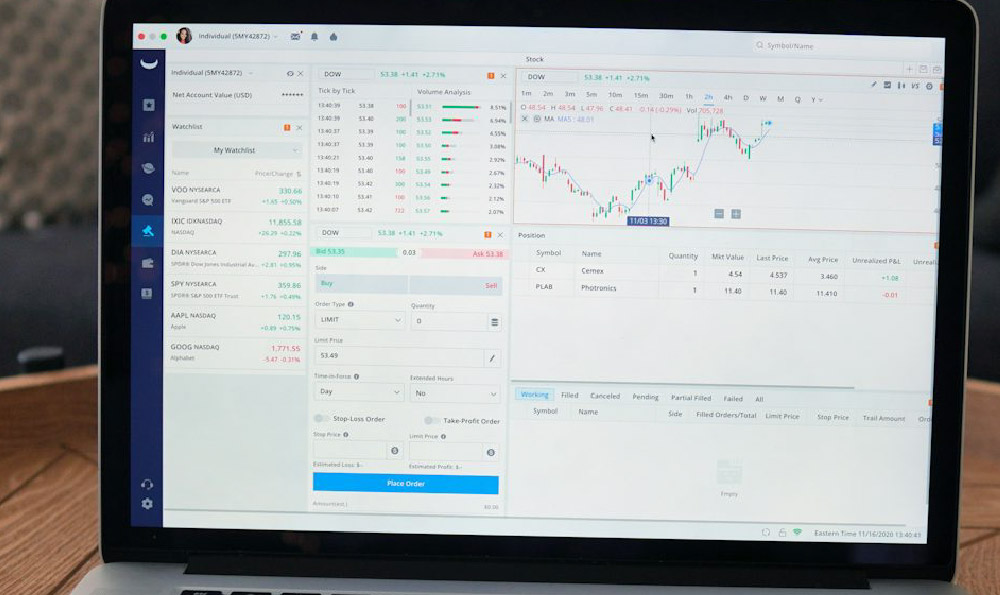are mobile homes good investments? what are the pros and cons?
Are mobile homes good investments? This is a question that sparks considerable debate in the investment world. The answer, like most things in finance, isn't a simple yes or no. It's a nuanced "it depends," heavily reliant on individual circumstances, investment goals, risk tolerance, and the specific mobile home and its location.
Understanding the Mobile Home Landscape
Before diving into the pros and cons, it's crucial to understand what we're talking about. Mobile homes, also known as manufactured homes, are factory-built houses transported to a site. They often reside in mobile home parks or communities, though they can also be placed on private land. This distinction is critical because it significantly impacts their investment potential and associated challenges.

The Allure of Affordability: A Key Pro
One of the most significant advantages of mobile homes is their affordability. They are generally much cheaper than traditional site-built homes, making them an attractive entry point into the real estate market, particularly for first-time homebuyers or those with limited capital. This lower initial investment translates to a potentially higher return on investment (ROI) if managed correctly.
This affordability extends beyond the initial purchase price. Property taxes on mobile homes are typically lower than those on traditional homes, and insurance costs can also be more manageable. This reduced financial burden can free up capital for other investments or personal expenses.
Cash Flow Potential: Rental Income Opportunities
Mobile homes can be excellent sources of rental income. The demand for affordable housing is consistently high, and mobile homes often fill this need effectively. By purchasing a mobile home and renting it out, investors can generate a steady stream of cash flow.
The key to maximizing rental income lies in careful management. This includes screening tenants thoroughly, maintaining the property in good condition, and setting competitive rental rates. Location is paramount; a mobile home in a desirable area with good access to amenities will command higher rents.
The Double-Edged Sword of Depreciation
One of the most significant drawbacks of mobile homes is their tendency to depreciate in value, unlike traditional real estate which typically appreciates over time. This depreciation is particularly pronounced for mobile homes located in parks, where the land is not owned by the homeowner.
This depreciation stems from the fact that mobile homes are often classified as personal property rather than real property. This classification impacts financing options and resale value. However, if the mobile home is permanently affixed to land owned by the homeowner, it can be reclassified as real property, potentially mitigating depreciation concerns.
Financing Hurdles: A Challenging Landscape
Securing financing for mobile homes can be more challenging than obtaining a mortgage for a traditional house. Lenders often view mobile homes as riskier investments, leading to higher interest rates and stricter lending criteria.
This difficulty in financing can limit the pool of potential buyers when it comes time to sell. Cash buyers are often the preferred option, which can reduce the negotiating power of the seller. Exploring chattel loans (personal property loans) and working with lenders specializing in mobile home financing are essential strategies to overcome this hurdle.
Location, Location, Location: The Decisive Factor
The location of a mobile home is arguably the most crucial factor determining its investment potential. Mobile homes located in well-maintained, desirable communities tend to hold their value better and attract higher rents. Conversely, mobile homes in poorly managed or undesirable parks may struggle to appreciate or even maintain their value.
Furthermore, the rules and regulations of the mobile home park can significantly impact the homeowner's rights and responsibilities. Understanding these rules, including restrictions on rentals, pet ownership, and renovations, is crucial before investing.
The Park Factor: Control and Fees
Living in a mobile home park comes with both benefits and drawbacks. The park management typically handles common area maintenance, providing amenities like pools, clubhouses, and landscaping. However, residents are also subject to park rules and fees, which can eat into potential profits.
These lot rent fees can vary significantly depending on the location and amenities offered by the park. It's essential to factor these fees into the overall investment analysis to accurately assess the profitability of the mobile home.
Appreciation Potential: Ownership is Key
Mobile homes placed on land owned by the homeowner have a greater potential for appreciation. When the mobile home is permanently affixed to the land and classified as real property, it can benefit from the same market forces that drive the appreciation of traditional homes.
This ownership model offers more control over the property and its future value. It also opens up more financing options and can significantly increase the resale value of the mobile home.
Due Diligence is Paramount: Avoiding Pitfalls
Before investing in a mobile home, thorough due diligence is essential. This includes inspecting the property for structural issues, researching the local market conditions, and understanding the rules and regulations of the mobile home park.
Engaging a qualified inspector to assess the condition of the mobile home is crucial to identify any potential problems. It's also important to review the park's financial stability and management practices to ensure it's a well-run and desirable community.
In Conclusion: A Niche Investment with Potential
Investing in mobile homes can be a viable strategy for generating income and building wealth, but it requires careful planning, thorough research, and a realistic understanding of the associated risks. While affordability and rental income potential are attractive advantages, depreciation and financing challenges must be carefully considered. Location is a pivotal factor, and owning the land beneath the mobile home can significantly enhance its appreciation potential. By conducting due diligence, understanding the market dynamics, and managing the property effectively, investors can potentially unlock the financial benefits of mobile home investments. However, it's not a passive investment; it requires active management and a commitment to understanding the nuances of this niche market.















